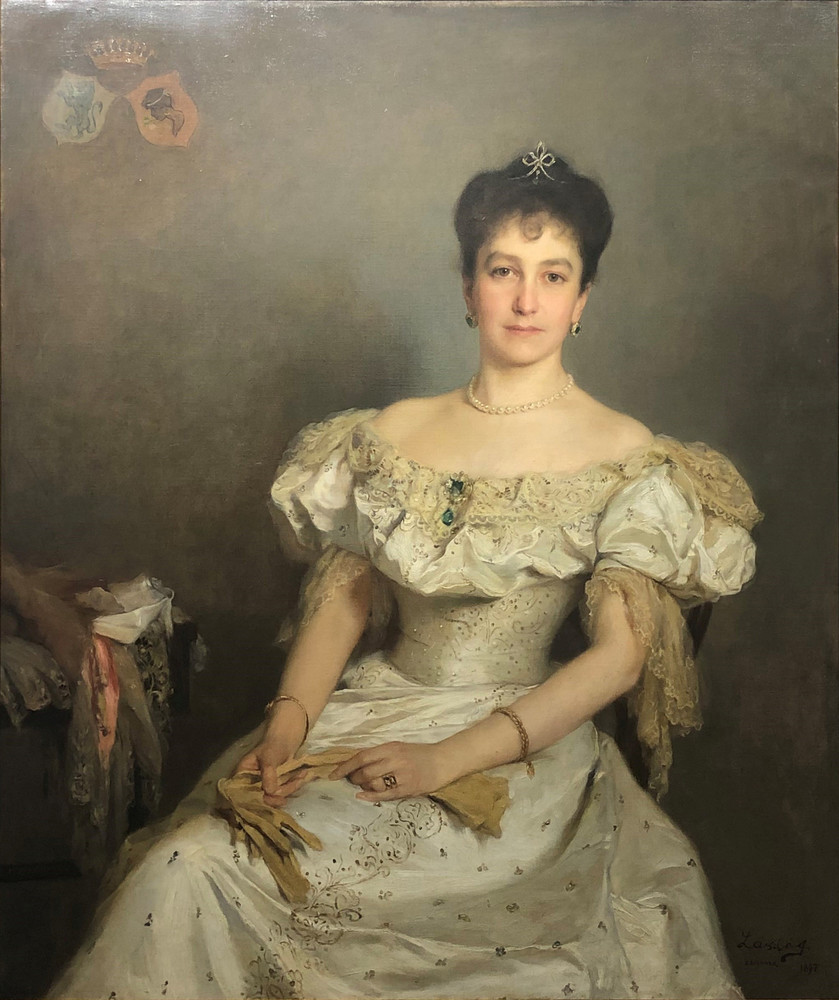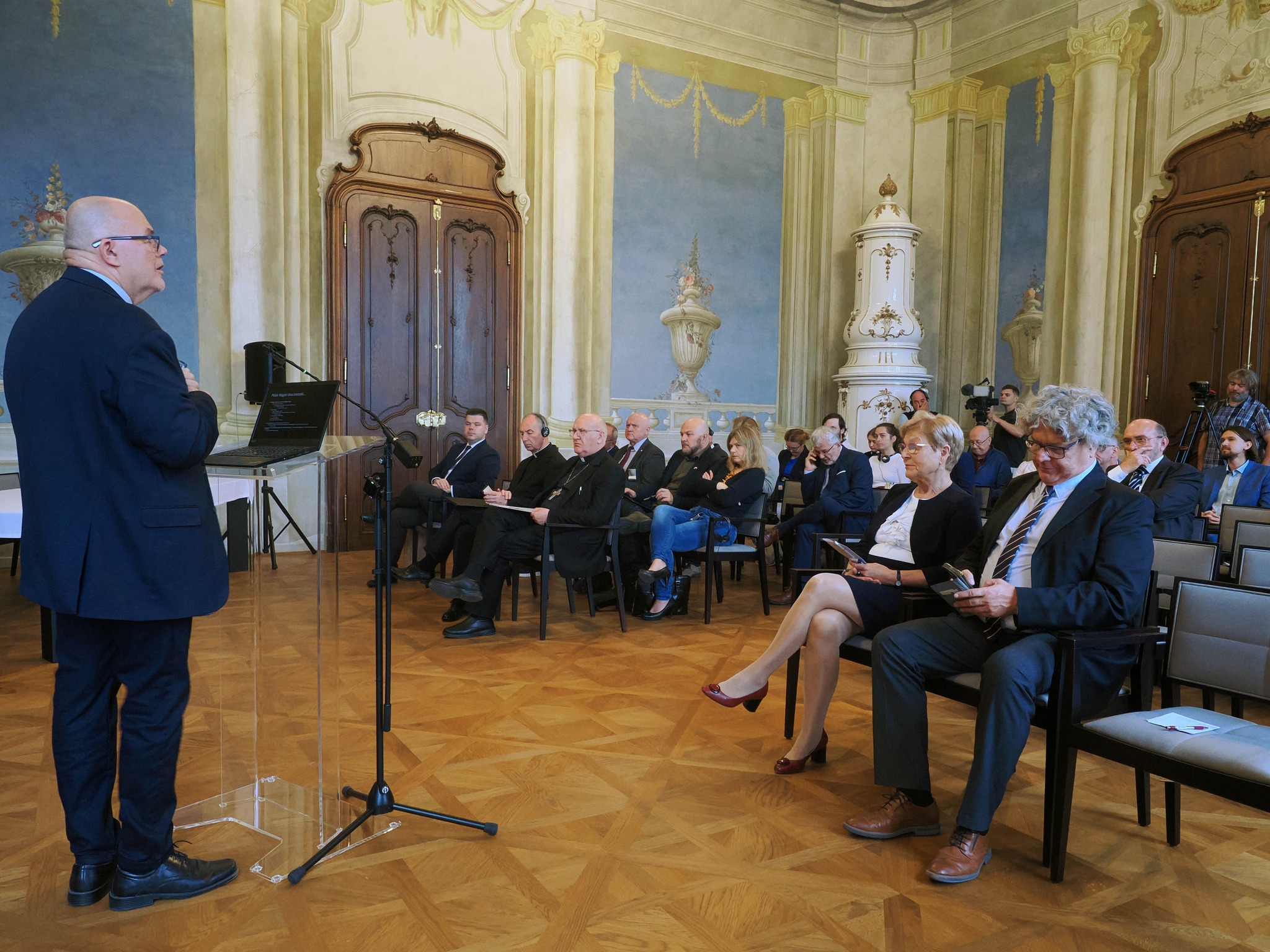Clotilde Apponyi – A Diplomat’s Wife and Philanthropist in Austro-Hungarian Society – Malinovo
Fact of the Hungarian figure „Margit Schlacta – The first woman to be elected to the Hungarian Parliament”
Part of the „The emancipation of women” topic
Clotilde Apponyi (1867-1942) was born into an Austrian noble family, the Mensdorff-Pouilly. She was known for her involvement in social reforms and philanthropy. She married Count Albert Apponyi, an influential statesman, in 1897. After the marriage, she started learning the Hungarian language. Clotilde Apponyi was deeply interested in the acceptance of women’s education and was also an advocate for women’s rights. She supported establishing schools that provided higher education for women. Apponyi was also known for her charitable work, supporting many causes that helped the underprivileged, such as the poor, children, and women. She provided heated rooms and hot soup for those in need and helped sell the handicrafts of impoverished women to support themselves. Clotilde Apponyi believed that widespread education could contribute to societal development. Starting in 1904, she led the Hungarian Women’s Association, playing a key role in promoting Hungarian culture and founding the Petőfi Museum. Her work remains an important part of the broader story of women’s emancipation in Central Europe, reflecting the significant role aristocratic women could play in advancing social reforms.





